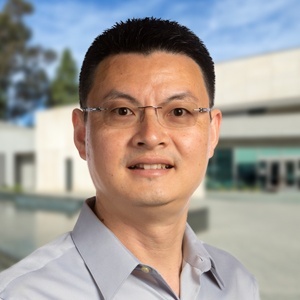 |
Page History
| Excerpt |
|---|
Building a web-based API (Application Programming Interface) has been rapidly adopted in the bioinformatics field as a new way of disseminating the underlying biomedical knowledge. While researchers benefit from the simplicity and the high accessibility (A) of available APIs, the findability (F), interoperability (I) and reusability (R) across APIs are largely not well-handled by the community. BioThings API project (http://biothings.io) is tasked to build a FAIR API ecosystem to better serve the underlying inter-connected biomedical knowledge. BioThings API provides three components in its API development ecosystem. First, it provides a family of high-performance APIs for accessing up-to-date annotations for genes, genetic variants, chemicals and drugs. Second, BioThings API packages its API-development best practice into a reusable SDK (Software Development Kit) to help other bioinformaticians to build the same high-quality API to distribute their own specific knowledge. Third, BioThings API provides a platform to foster the findability and interoperability across the community-developed biomedical APIs. Through the SmartAPI application (http://smart-api.info), it provides tools for authoring API metadata following the community supported OpenAPI standard and hosts standardized interactive API documentation. It also defines a set of OpenAPI extensions to provide biomedical-specific . semantic annotations, such as what specific biomedical identifiers an API parameter accepts and what specific biomedical entity types an API response contains. Powered by these semantic annotations, a new web application called BioThings Explorer was developed to allow researchers to navigate the scope of the distributed biomedical API landscape and build the desired knowledge extraction workflows by identifying and combining required APIs. |
BIO:
Dr. Chunlei Wu is an Associate Professor of Integrative Structural and Computational Biology at The Scripps Research Institute. His research focuses on applying data science methodology and cloud computing technologies to facilitate biomedical discovery, through the large-scale biological data integration. Representative projects include the BioGPS, MyGene.Info, MyVariant.info, BioThings and SmartAPI, each of which helps either web-lab biologists or dry-lab bioinformaticians to obtain and integrate relevant information in a more efficient and integrated way. These resources are now widely used (with collectively millions of requests per month) in the research community to help produce new biomedical discoveries. Dr. Wu received his undergraduate degree in Biochemistry from Nanjing University and his Ph.D. in Biomathematics and biostatistics from The University of Texas Health Science Center at Houston. Prior to joining Scripps Research in 2011, he was the Research Investigator at the Genomics Institute of the Novartis Research Foundation (GNF).
...
